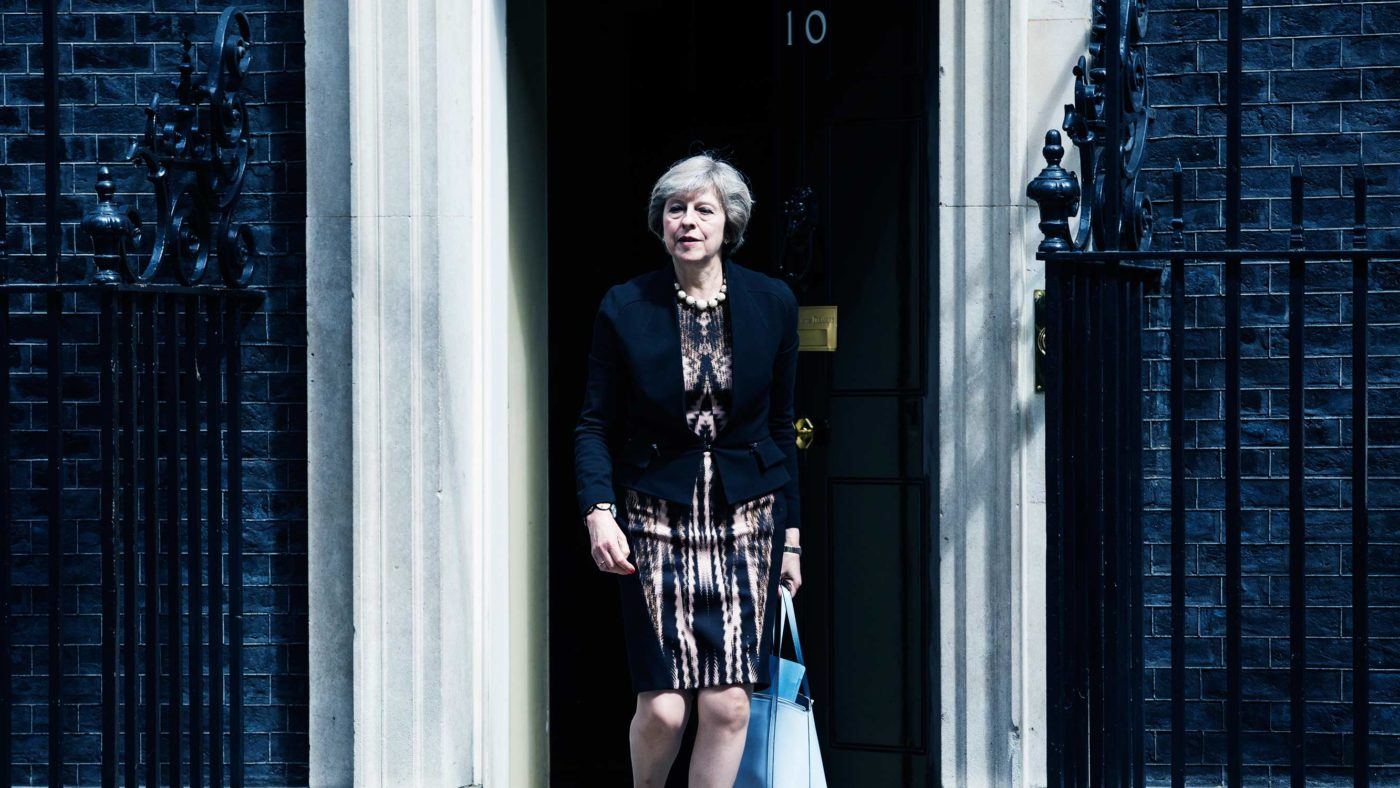The House of Commons is an ancient body and there is something Medieval about the transfer of political power in Britain. Yesterday was a case in point. As Shakespeare’s Richard II put it (himself deposed): “Come, let us sit upon the ground and tell sad tales of the death of Kings.” David Cameron is out, the battlefield is littered with corpses and Theresa May will be our new Prime Minister by Wednesday afternoon after kissing the Queen’s hands.
The will-to-power of the Conservative Party, which apparently arises through a common understanding of its MPs and members, has yet again surprised and resulted in Andrea Leadsom dropping her leadership bid. They don’t hang about like Hamlet or Labour MPs behind the arras, those Tories. There will now be no vote of Conservative Party members. The news was greeted with near euphoria by financial markets, with the pound recovering to $1.30 to the dollar and some housebuilders’ shares up nearly 10%.
Three questions now arise. First, what will Theresa May do? Second, who will be her Cabinet? Third, will there be a general election? The three issues are connected.
On what she will do, business should be prepared for intervention. She is in favour of a hidden hand: hers. There will be an industrial strategy and of Government support for economic clusters, such as pharma around Cambridge. Presumably her pet piece of legislation, the Investigatory Powers Bill, will finally be passed. Yesterday she was in Birmingham, giving a speech about “responsible capitalism”. Binding pay votes are back on the agenda and she seemed to hint at blocking takeovers such as Kraft and Cadbury.
She also proposed putting consumers and employees on company boards. That is unlikely to be greeted with enthusiasm by either companies or their owners. It is a gimmick, which we must put down at this point to bad advice.
More sensibly, she wants to develop infrastructure projects in partnership with the public sector and the creation of a market in Treasury backed bonds to finance them. So more borrowing, not via the gilts market, but something new: project bonds.
Mrs May has also said that the triggering of Article 50 to leave the EU must be delayed until the Government has readied its negotiating position. But what happens then? Presumably some sort of vote in the House of Commons is likely, but would it pass? And what about the resulting legislation?
Mrs May also has to construct her Cabinet and who she chooses is going to be an incredibly delicate balancing act of egos and ideologies. I have heard it said a Brexiteer must be chancellor. But who? They have collectively embarrassed themselves recently. David Davis? And what about Foreign Secretary, or lead negotiator or party chairman? And what would any of us do with Boris Johnson sitting on the backbenches, itching for attention?
Then there is the possibility of a General Election to consider. The official May line is there will be no election until 2020. That is what she said in her leadership speech. Indeed, aside from the media gaffes, this is what did for Andrea Leadsom. There was a growing sense among MPs at the weekend that if Leadsom was Premier it would be such a radical move that voters would demand an early election and this could not be resisted. Nobody in business or in Westminster really wants that now. The much-delayed Boundary Commission changes will not be ready until 2018.
Still, an unstated question of legitimacy remains in the air. The new Prime Minister will have a working majority in the Commons of just 17 and no majority in the Lords and she was on the losing side in the Referendum. All political forecasts have ended in failure in the last month, so there is no point giving a prediction except to say that a General Election is a classic device for clearing the political air and establishing a new beginning. Clearly one cannot be ruled out before 2020, whatever the new Prime Minister says now.


